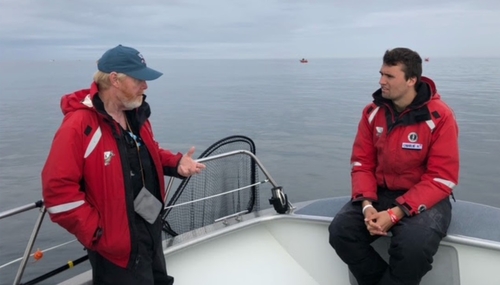Obviously, blaming former President George W. Bush is en vogue - for everything from the BP oil spill to the current economic malaise. But some things that are going wrong in the world - it just seems to be a bit of a stretch to pin on a former administration.
But that didn't stop CNN's Fareed Zakaria, also the editor of Newsweek International. On his June 6 show "Fareed Zakaria GPS," Zakaria pointed out the pivotal role Turkey played in last week's deadly Gaza flotilla raid.
"Turkey was also playing a new and potentially dangerous game here," Zakaria said. "Despite being physically and historically connected to Europe, Turkey is increasingly playing a role that distances itself from those roots. Once a strong U.S. ally, a founding member of NATO, Turkey now often looks more like a troublemaker than a friend."
Why has Turkey become a "troublemaker?" According to Zakaria, first the Europeans are in part to blame for not admitting Turkey into the European Union, even though the European Union is suffering by allowing a weak Greece admission in the past.
"Having begged for membership in European Union, having fulfilled every condition placed on it by Brussels, Turkey has been repeatedly rebuffed and humiliated by Europe so now the Turks have seem to have decided to go their own way," Zakaria said.
"The United States for its part did not handle Turkish relations well, especially under the previous administration," Zakaria said. "The Bush team treated Turkey with the usual mixture of arrogance and high-handedness and then was outraged when the Turkish parliament refused to go along with its war plans in Iraq. Then they repeatedly snubbed Turkey over the next few years."
And the end result - a more aggressive, anti-Israeli Turkey, all thanks to the European Union and George W. Bush, according to Zakaria.
"Now Turkey is returning the favor," Zakaria said. "Moving away from the West and seeking a new role as a Middle Eastern power, as a Central Asian power. It's economically strong, politically stable and ideologically confidence under a government that has roots in an Islamist movement. The result of all this, the Middle East's two most successful countries, once allies, are swiftly turning into hardened adversaries. Not a good portend for the future."




